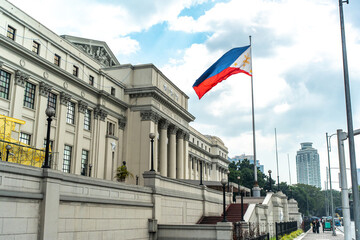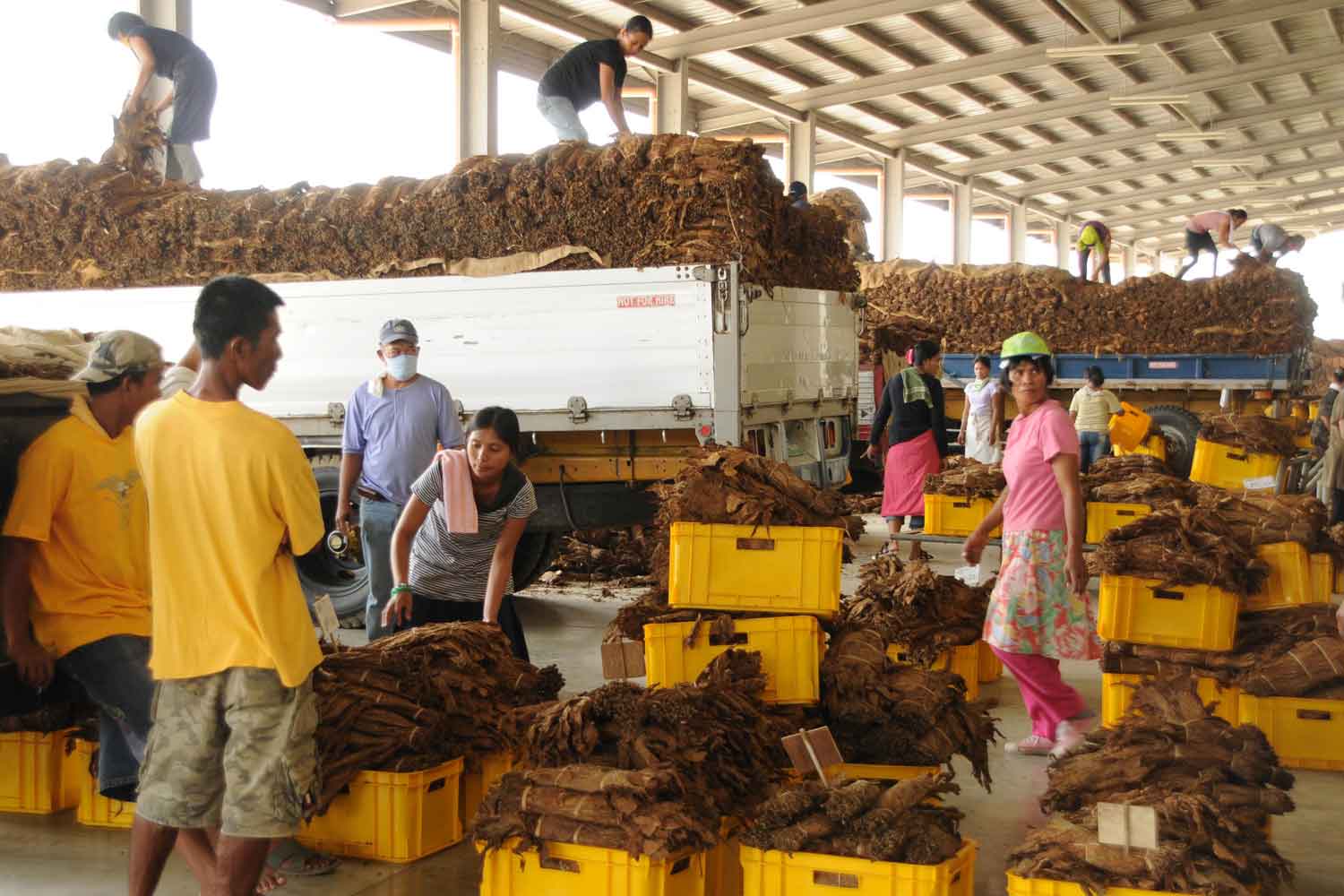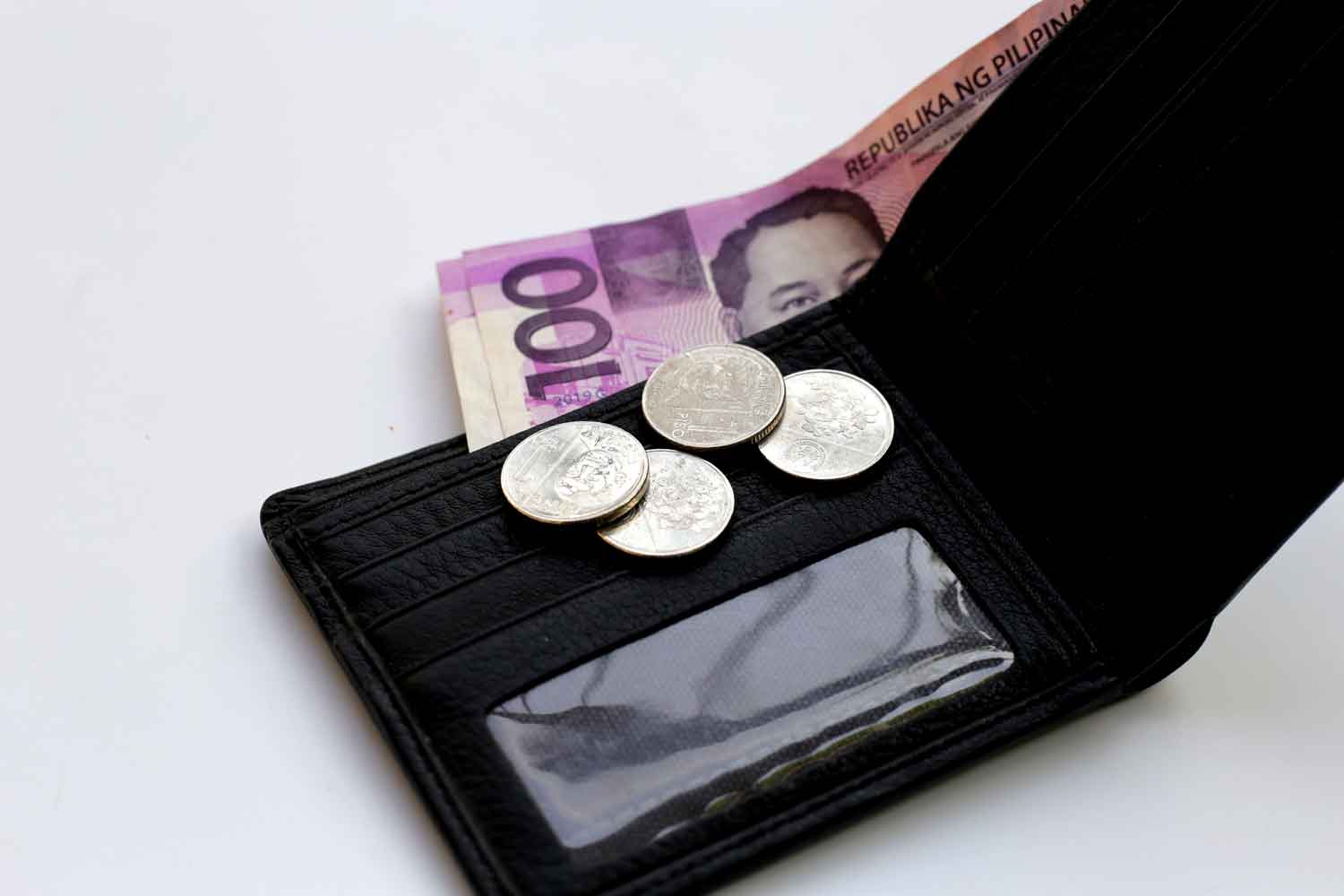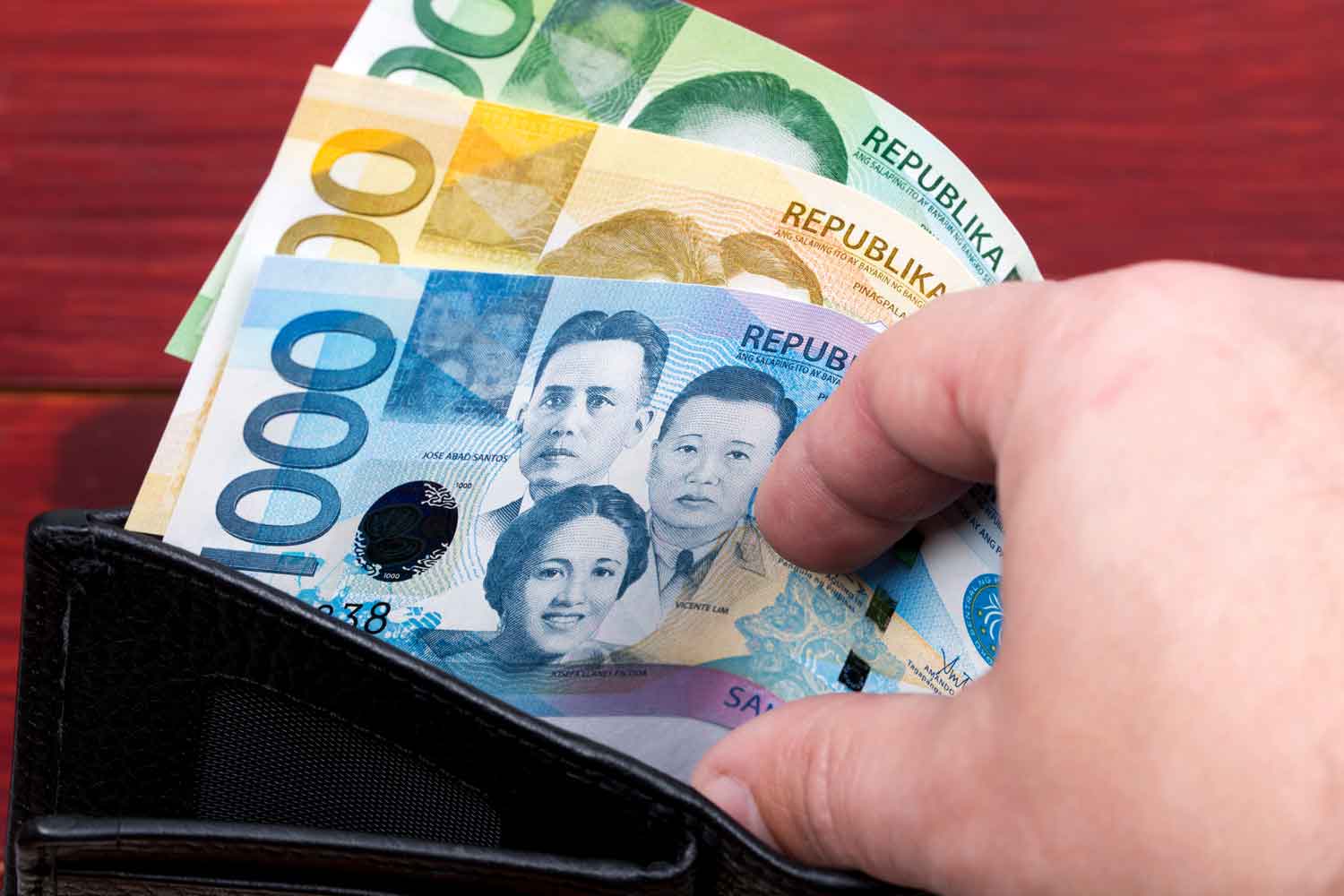The Bureau of Internal Revenue (BIR) in the Philippines filed tax evasion charges totaling nearly ₱797 million ($14.3 million) against individuals involved in the large-scale illegal cigarette trade, intensifying its crackdown on illicit tobacco and vape operations. BIR Commissioner Romeo Lumagui Jr. announced that the charges stemmed from two recent raids.
In Valenzuela City, authorities seized 600 master cases of untaxed cigarettes from a warehouse, with estimated tax liabilities of ₱200.7 million ($3.6 million). The lessee of the facility now faces criminal charges.
A separate raid in San Rafael, Bulacan, uncovered an illegal cigarette factory allegedly operated by a Chinese national. The BIR recovered 7,884 master cases of illicit cigarettes and manufacturing equipment, worth ₱596.2 million ($10.7 million). The suspect also faces human trafficking charges after 155 workers were rescued from the facility.
In a third similar bust, the National Bureau of Investigation (NBI) and the Department of Trade and Industry (DTI) arrested five individuals in Sta. Cruz, Manila, for allegedly selling unregistered vape products online. More than 25,000 vape units worth ₱8.16 million ($147,000) were confiscated in the joint operation, following test-buy and surveillance efforts. The suspects face charges for violating trade and consumer protection laws.










